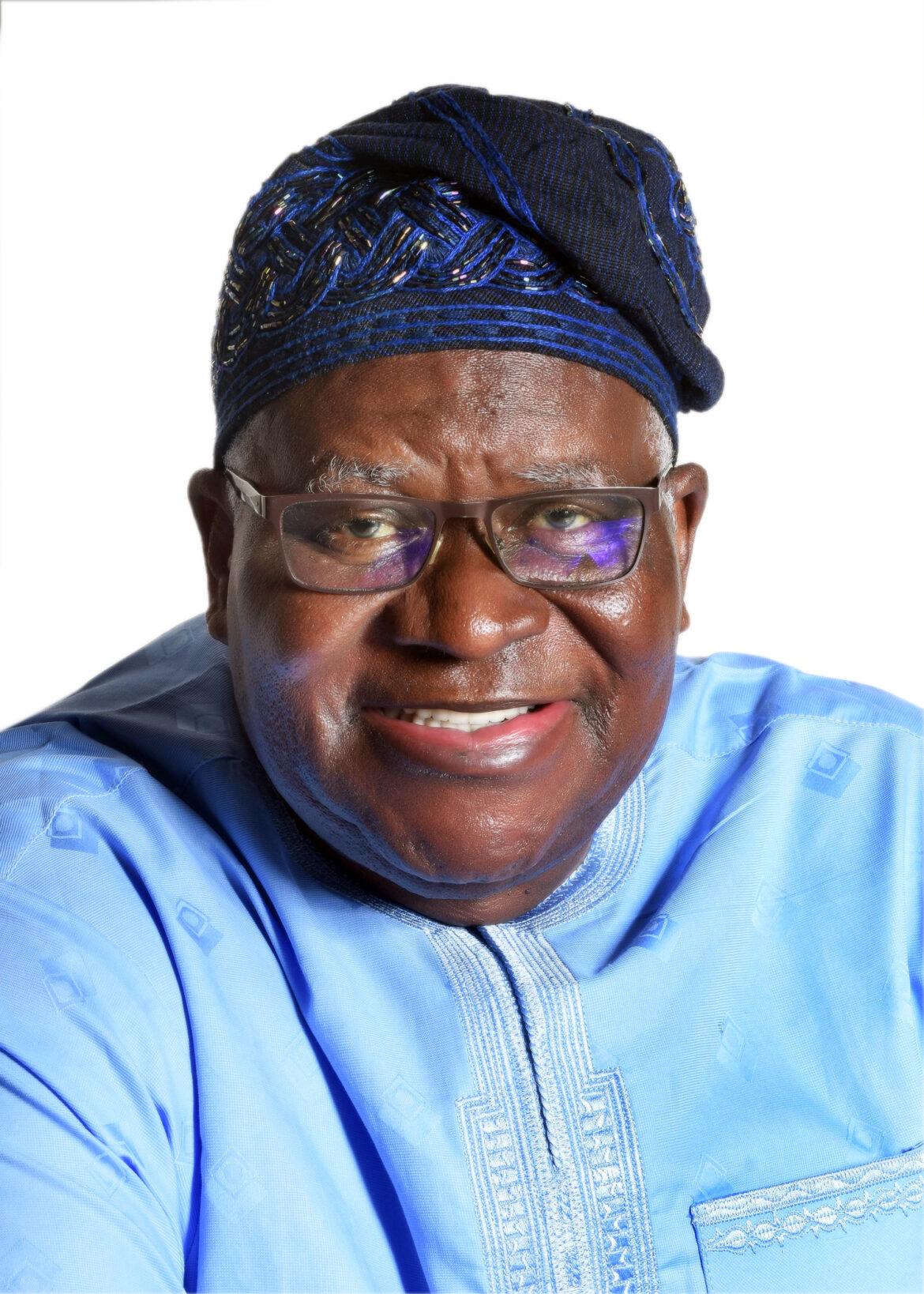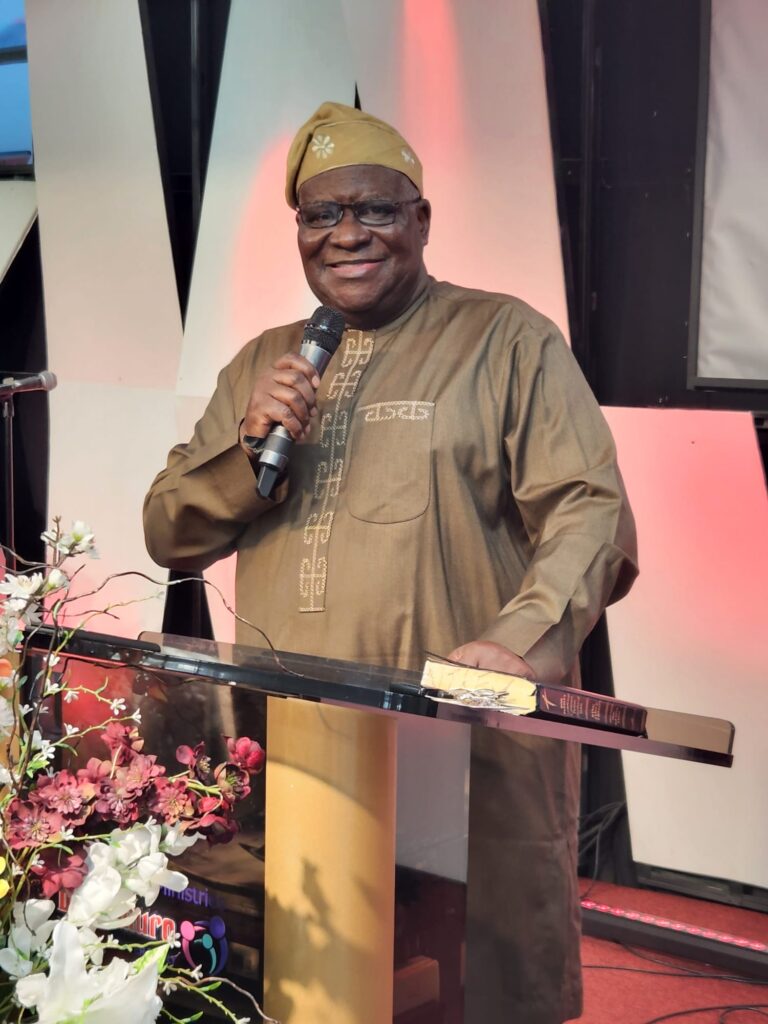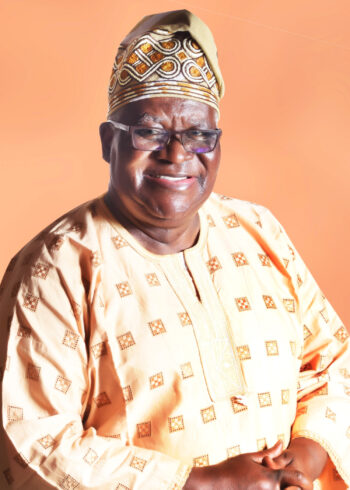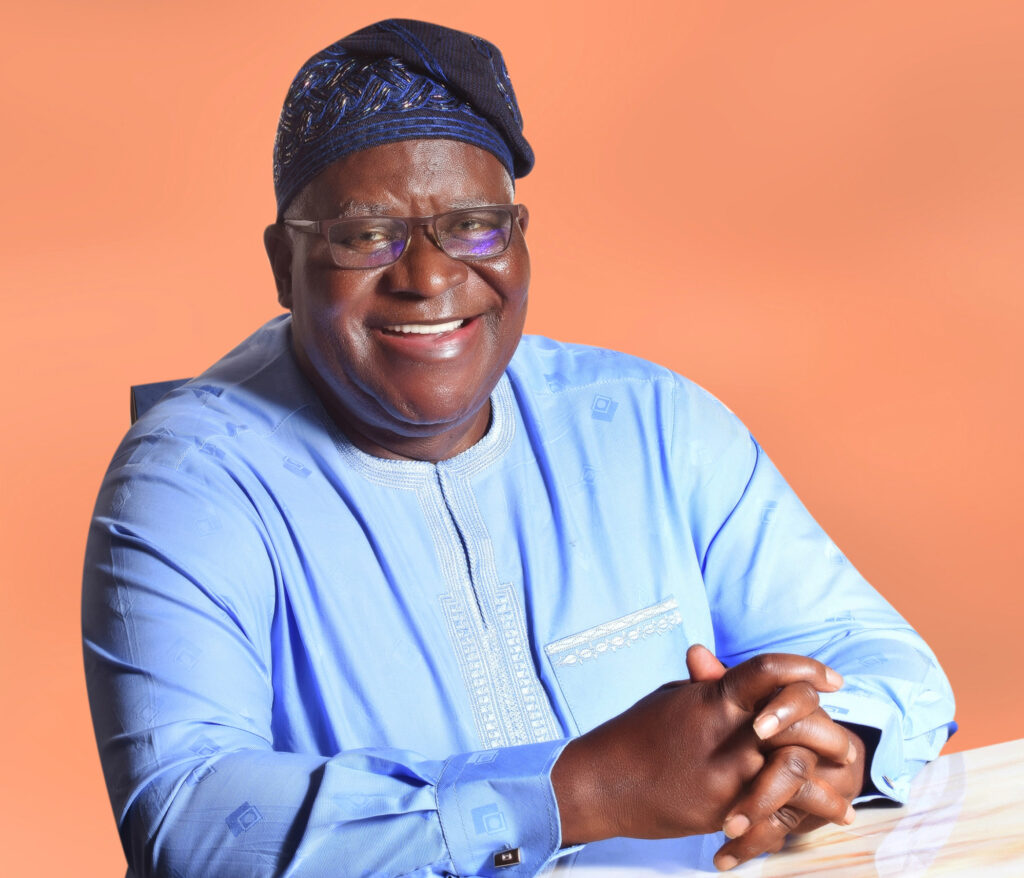Pastor Henry Odeneye is proud of his Yoruba heritage. One of his defining featuers is that he uses the Yoruba Language to preach in the US. Despite living in that part of the world for over two decades, he has refused to let go his roots. He promotes the culture and values of the Yoruba people as well as their language in a unique way. And he is being celebrated for that in the US. He is pastor and founder of Harvest Point Ministry, based in Houston Texas.
Yoruba is rich
Odeneye who spoke with Church Times during a recent visit to Nigeria expressed worry about the Yoruba language and how it is now synonymous with the Ifa worship.
He however pointed out that the narrative has to change. “It was that understanding that propelled me to begin a global campaign to educate the world about the culture and language of the Yoruba people. My vision is to make the language a global vehicle for propagating the gospel of Jesus,”
His passion for the Yoruba Language is not only in words. He has taken unprecedented steps to stamp the language on the face of the world.
Yoruba Day in the US
One of his landmark achievements is to get the Houston Texas State of the US to give recognition to the language by declaring December 6 as Yoruba Day.
On how he came about the recognition, he said he was translating US public information to Yoruba for the Yoruba community in the US. Unknown to him, the government was taking note of all he was doing. “While we were doing that, the State of Houston Texas was watching and it saw the impact of what we were doing. That was what made it declare December 6 Yoruba Day.”
Odeneye said further that he also got congressional recognition because he and his team translated the American 100 citizen’s tests into Yoruba language. He also fought for the use of the Yoruba language for the citizenship test. That effort earned him the congressional award.
Names in Yoruba Language
The recognition has emboldened him to work more particularly towards strengthening the ties between Nigeria and the US on the platform of the Christian faith. It has also helped to make the Yoruba culture more accepted in the US.
Many African Americans now love Yoruba names. “So far 37 African Americans have been given Yoruba names. Many of them have come to realise that Yoruba names have meanings they can relate with.
“I have a book that contains a list of Yoruba names for males and females and their meanings. I always give this book to parents to go through and choose a name that is appropriate to the circumstances of the birth of their child.” Odeneye said.
Otaobayomi
Child naming according to him is one aspect of the Yoruba culture that is inspiring. “Yorubas don’t just name their kids. They look for names that are circumstantial and also convey meaning.”
Citing his own example, he said, “I was named Otaobayomi, meaning the enemy would have derided me. It was now shortened to Abayomi. He said the circumstance of his birth informed the name.
“My mother according to the story she told me, laboured for 36 hours before giving birth to me. It was this circumstance of my birth that made her give me the name, Otaobayomi,” he said.
The coming Yoruba Seminar
The recognition Odeneye got from the US and the wide acceptance has propelled him to want to do more. His visit to Nigeria a few months ago was to begin preparation for a conference that will run for three days in December.
The conference aims to create more awareness about the language among the Yoruba-speaking population. It will also showcase the richness of the language and how it is gaining global acceptance. However, the core of the conference is to educate Christians in the use of the language for evangelism.
“The conference will be a confluence of Yoruba culture and Christianity. There will be seminar sessions that will educate Nigerian Christians on the significance of the use of our local languages and show the differences between our culture and language. This is because we have to use the local language with a lot of understanding.”
The occult affinity
Though the Yoruba language has an affinity with the occult, Odeneye believes such affinity does not remove from its strength. He believes Christians should not submit the language to Ifa worship.
According to him, since it was Ajayi Crowther, a Christian missionary who gave the Yoruba language its alphabet, the language should not be allowed to drown in idolatry.
Citing examples of words with occult connotations, he said, “When the Yoruba say Jowo which means please or let go, that word Jowo is originally occultic. It is a code in the occult world which means something entirely different from what we think. Another word, Dakun Dabo. Ema kun and ema bo are all occult words. But we use those words in our everyday conversation.” The December conference will address many of these grey areas in the language.
Praise in Yoruba
Beyond that, Odeneye believes there is a need to know where to draw the line in the use of the Yoruba language. “Pastors particularly need to study because they use the language in their preaching engagements. They must understand the occult link with the language and work on how to separate it in their use. We need all these understanding so that in deploying the language we will be able to sieve and engage it properly in preaching the gospel.”
He said the lack of understanding is why some gospel artists use incantations unknown to them while singing the praise of God. They import the panegyrics for Sango for instance in their praise song. “An example is when they refer to God as, san giri, lagiri meaning the one who breaks into the wall and lacerates it. That is the exact eulogy for Sango the god of thunder. Something like this should be discouraged because God should not be dressed in the robe of Sango.
Odeneye said the December programme will be basically to enlighten preachers and gospel artists on how to effectively use the Yoruba language without the occult elements. “We will discuss the dowry controversy in Yorubaland vis-a-vis the Christian faith. We will also need to educate our people on the great roles of the missionaries in Africa. Many people have been made to believe the missionaries came to exploit us. But that is not true, the missionaries were different from the colonial masters.
Brazil Yoruba Church
While disclosing that plans are underway to start a Yoruba Church in Brazil, he said “It is wrong to describe traditional religion as esin abalaye ie, the religion one met here on earth.
That description does not fit for some of us who were born after Christianity and Islam had been introduced to Africa. I met three religions: Christianity, Islam, and African Traditional Religion. I now chose to subscribe to the Christian faith. So for me, there are three religions that I met on Earth.”
He said his ministry is working on a Yoruba Language School and a Christian Museum that will showcase the history of the Christian faith in Nigeria. “The history taught in the US, is the history of slavery. But Africa existed before slavery. The museum will showcase the Hall of Faith and highlight people like Ajayi Crowther, Ayodele Babalola, Moses Orimolade, Oshoffa, etc” Odeneye said.




